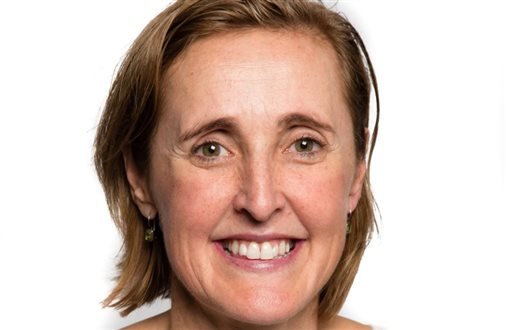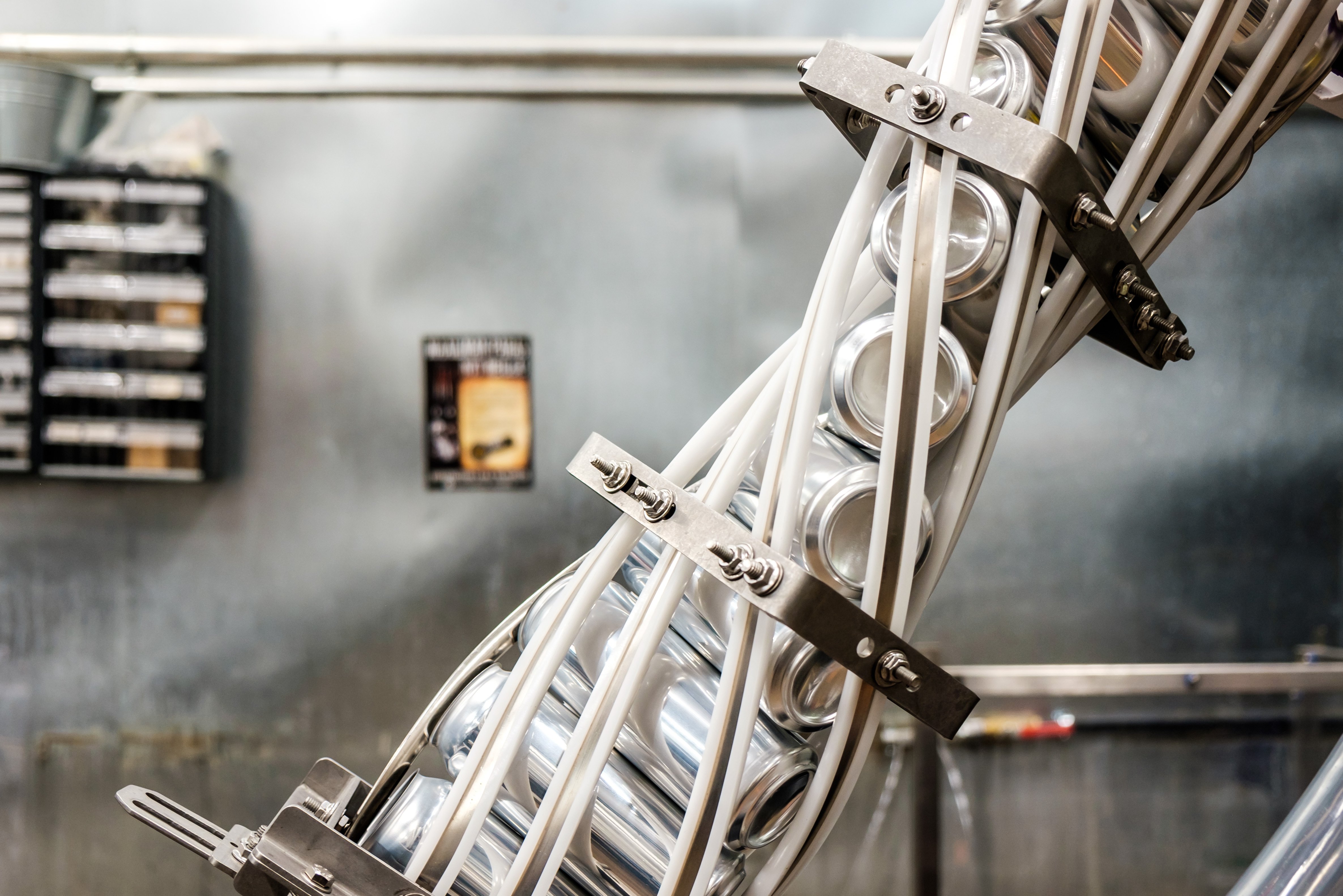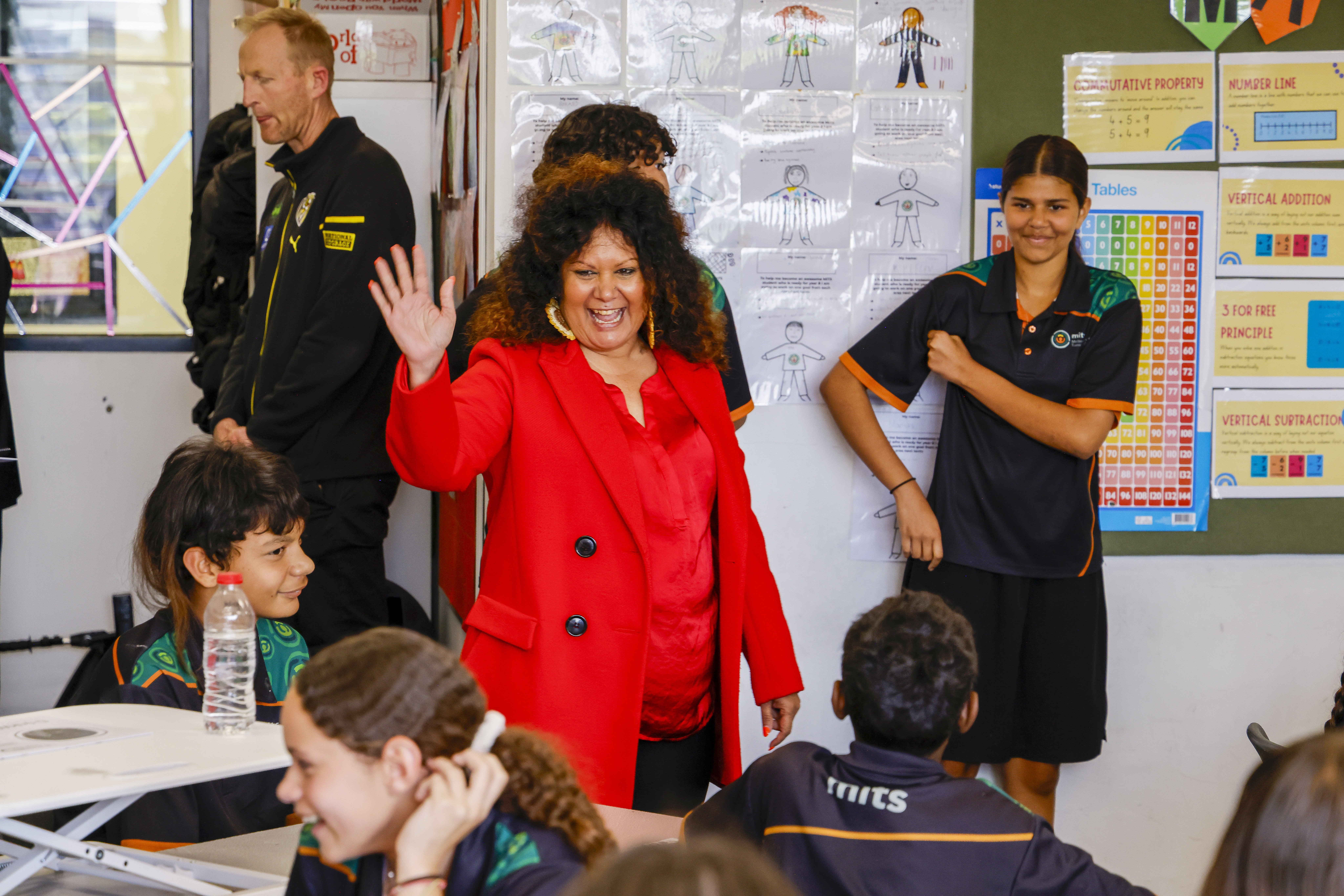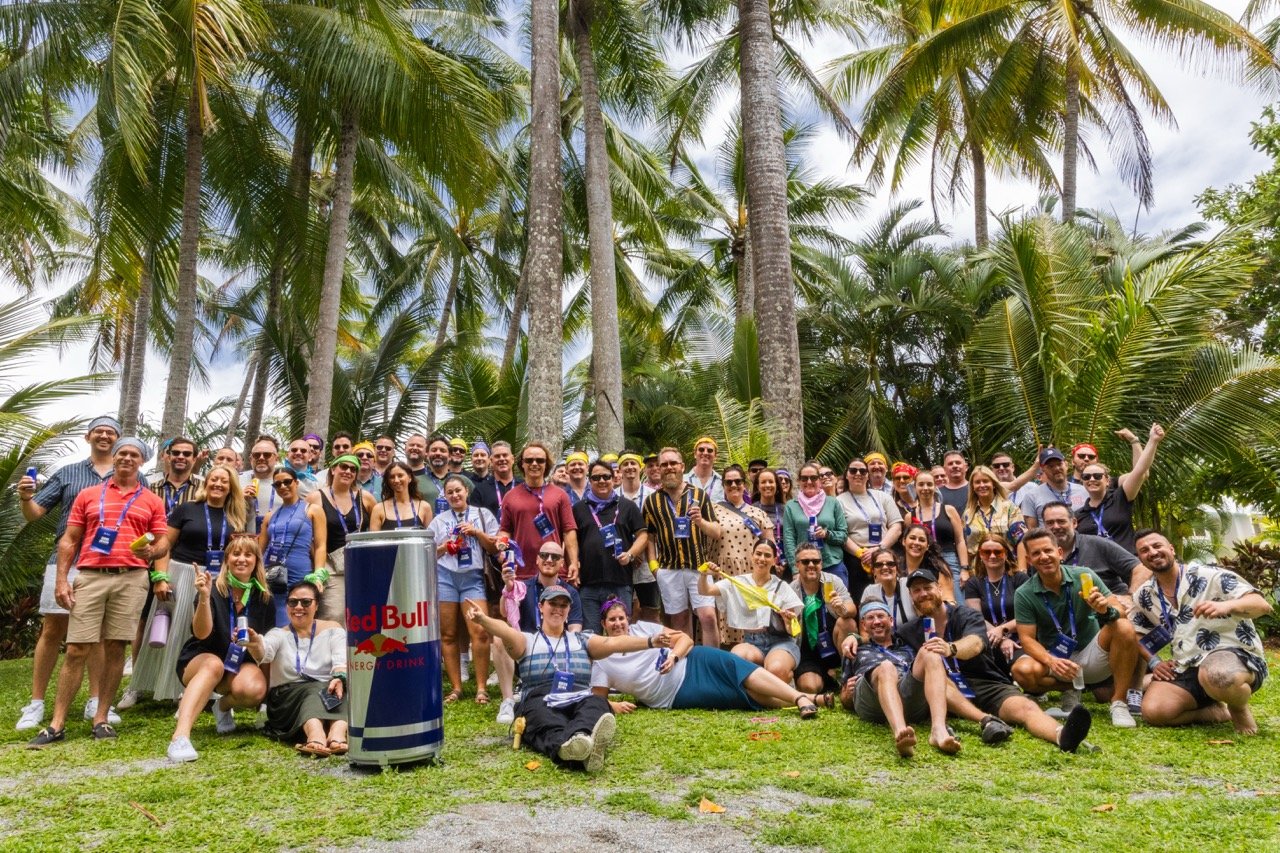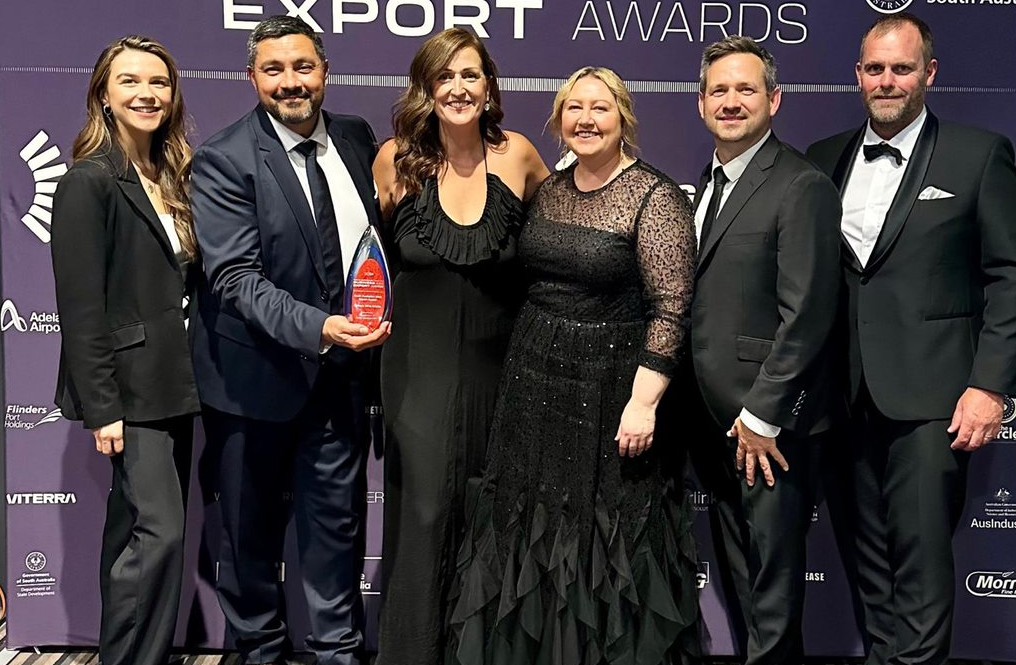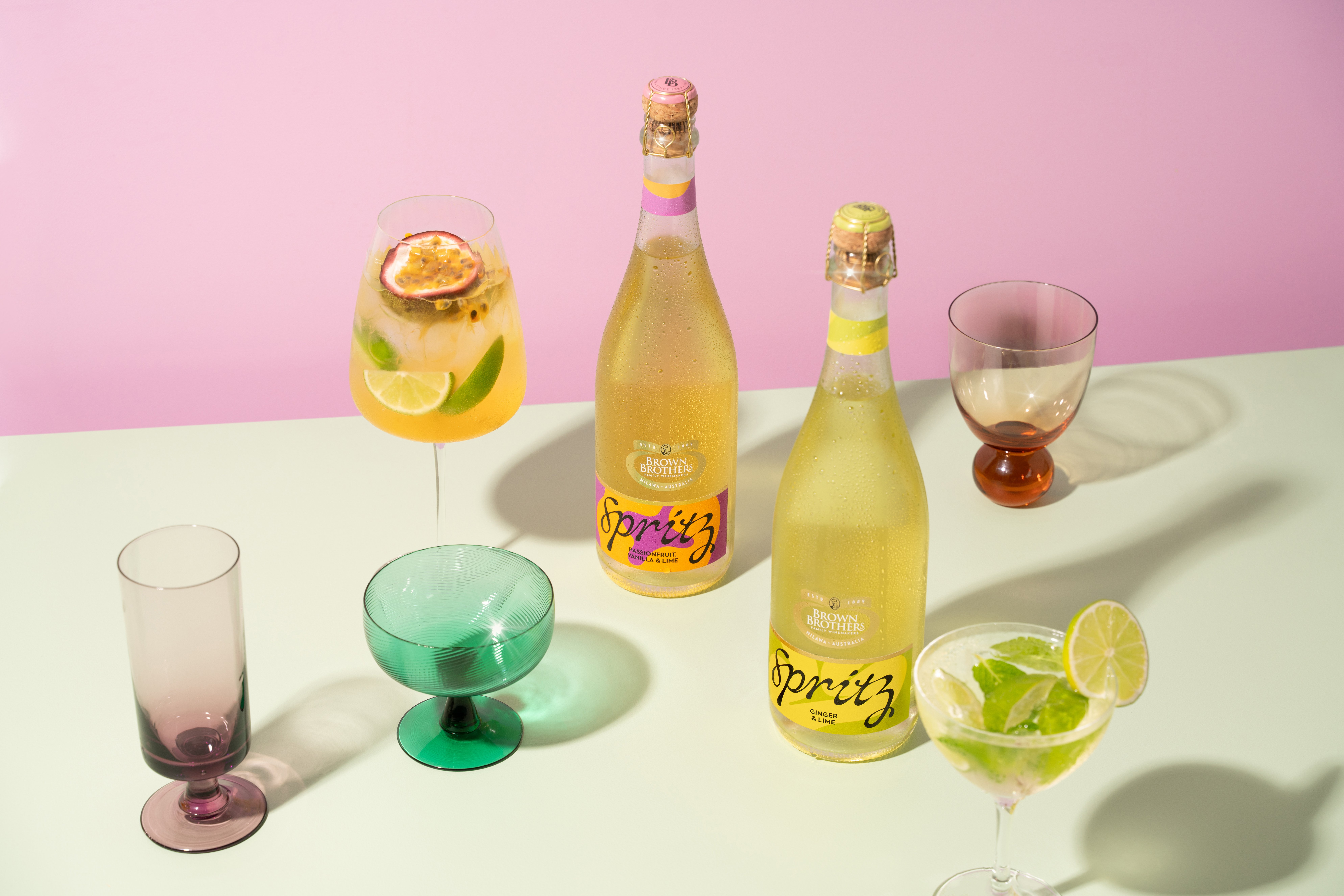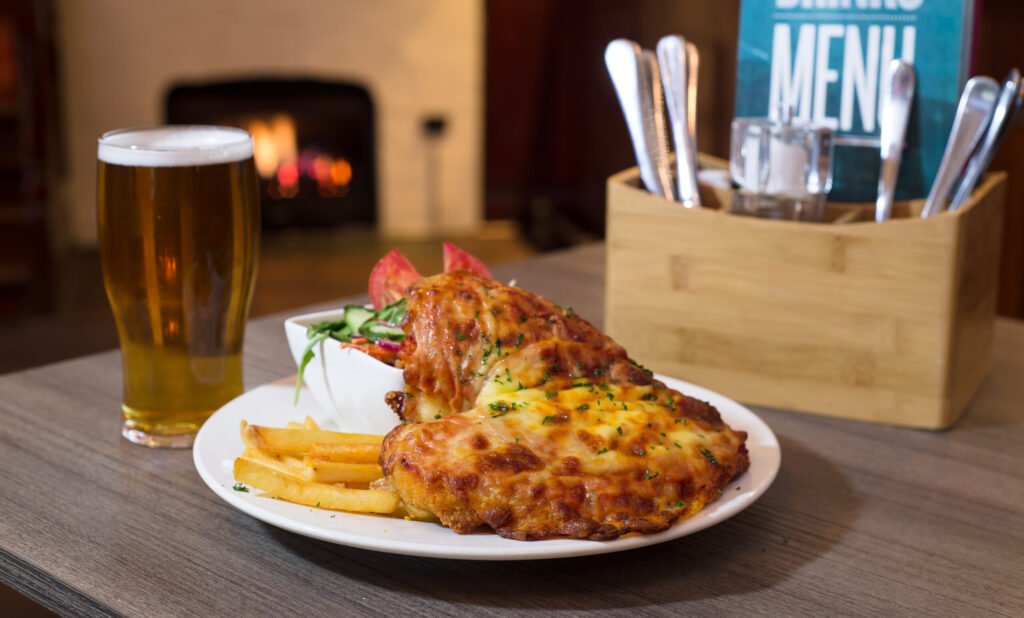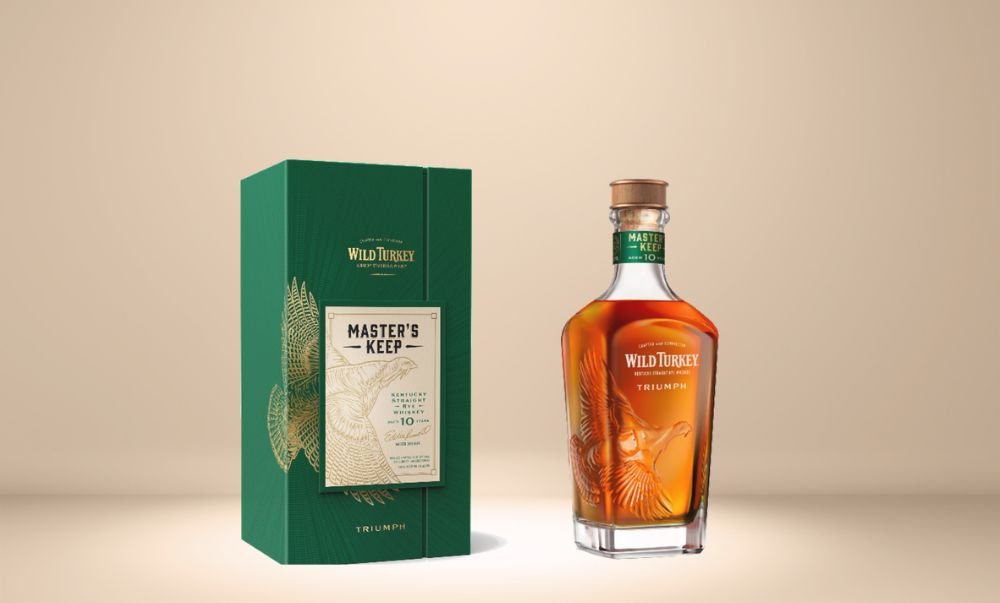Women in drinks is hosting a panel discussion at its International Women's Day event, focussing on "Bringing diversity and inclusion to life." One of the panellists will be Jane Hill, Talent & Change Director at Lion.
Jane joined LION in 2003 as Global Marketing Director for its wine business. With over 20 years’ experience in Marketing, Sales and HR; Jane has built brands in Australia, the UK, the US and New Zealand in different businesses including KFC, Pfizer Pharmaceuticals, Schweppes-Cottee’s, Southcorp Wines and Lion. In all her roles, a deep understanding of people and what motivates them has been front and centre.
Jane brings external, insight driven thinking and a deep understanding of people and organisations, particularly in the FMCG industry. In her current role as Talent and Change Director, Jane is responsible for ensuring Lion continues to lead the way on talent, attracting and retaining a diverse workforce and shaping an environment in which everyone flourishes. Recent initiatives include a change to Lion’s Reward Strategy, introduction of a new flexibility policy for Lion’s 7000 people and a leadership development program focused on leading in complexity.
What are some of the personal highlights of your drinks career?
• Being part of the wave of Australia wines taking on the world in the late 90s with huge success and high margins (before the crash in the next decade)
• Working for Australian organisations – either family or public (versus having a head office on the other side of the world dictating your strategy.)
• The people I’ve worked with – the passion they have in the brands they sell, the categories they represent & the willingness to collaborate even with competitors.
• Working across different drinks categories – wine, beer, dairy & juice
• Working across different functions – marketing, sales and HR
What is your definition of a diverse workplace?
A diverse workplace is about visible and invisible differences where people bring their real self to work versus censoring their lives outside of work. A workplace that encourages different opinions and debates and where people are open to listening and learning from each other and questioning their assumptions and beliefs.
How do diversity and inclusion differ?
Diversity is about the different mix of people in an organisation. Inclusion is when diverse people (different gender, age, background –personal and professional) are able to make a positive difference to an organisation.
In order to get the outcomes associated with diversity (better financial performance & improved wellbeing of people), you need both Diversity & Inclusion but I believe you need an inclusive organisation before you can successfully build a diverse one – so let’s rearrange the words to be Inclusion and Diversity.
Have you encountered diversity challenges? What strategies have you used to respond to them?
When I moved into wine I had a FMCG background & no wine experience. I took the time to listen and learn and made connections from previous work experiences so that my colleagues could understand the benefits of having someone with a different perspective to challenge the status quo and put the customers and consumer at the heart of our strategy. I did some additional study so I could speak their language and respect their craft.
When I was in sales in the pharmaceutical industry, I was in my 20s and selling to a much older and 90% male dominated customer group. I encouraged them to put themselves in the shoes of their shoppers (mainly females) and consider what they might be might be looking for and the messages and displays that would appeal to them. I stayed focused on how I could grow their business and the categories I represented versus just focusing on the brands I was selling.
What do you think is the most pressing diversity issue facing the drinks industry?
It’s not unique to the drinks industry but generally an unwillingness for Australian organisations to set Diversity targets just as we have EBIT and market share targets. There seems to be a general unwillingness to believe the evidence about how diverse teams and organisations are more innovative, more profitable and more attractive for people to join and stay. A concern that we might not put the best person in the job if we have gender targets versus being courageous enough to acknowledge that unconscious bias exists and despite women making up 50% of the population and over 50% of the graduate population, when it comes to hiring, unconscious or conscious bias kicks in (by men and women) and we get nowhere near equality. If we believe a truly meritocratic society would not be one in which men and women are equally represented, what we’re saying is that men are fundamentally better than women. And if we truly believe in meritocracy, we must also believe in diversity.
In an ideal world, targets or quotes would not be necessary. In an ideal world, a true meritocracy, the most talented people would be put forward, and that would automatically mean diversity. But targets or quotas may be the only way of achieving equality and eventually, a world where quotas are obsolete.
Share the content
